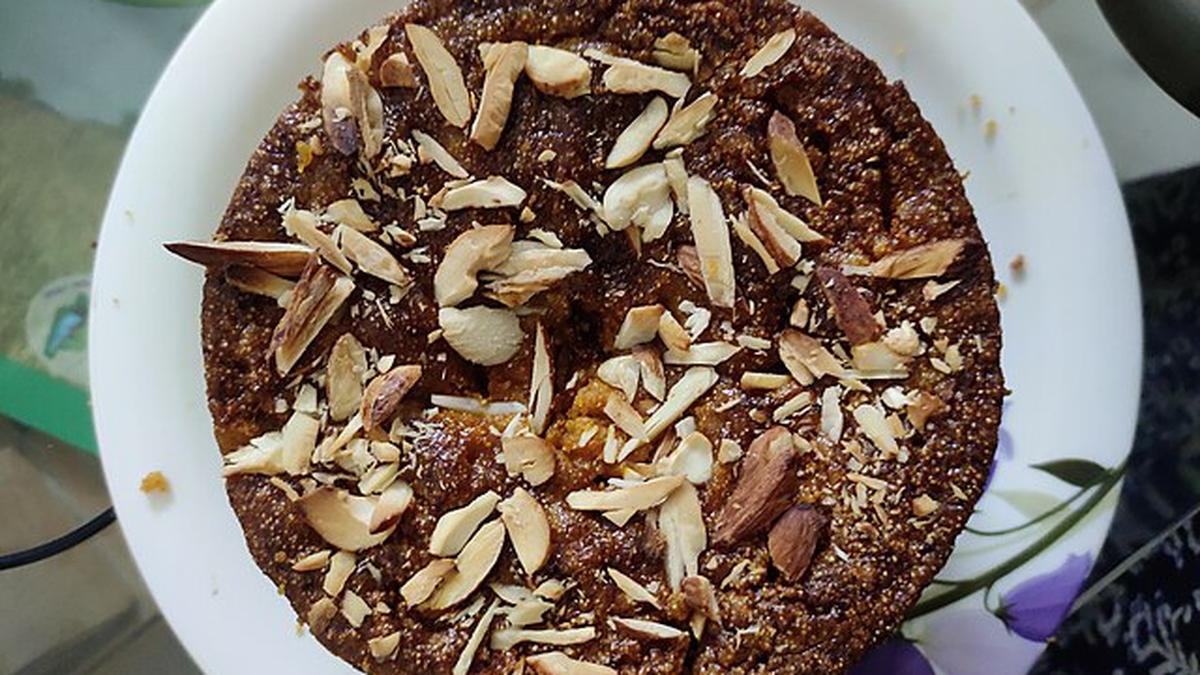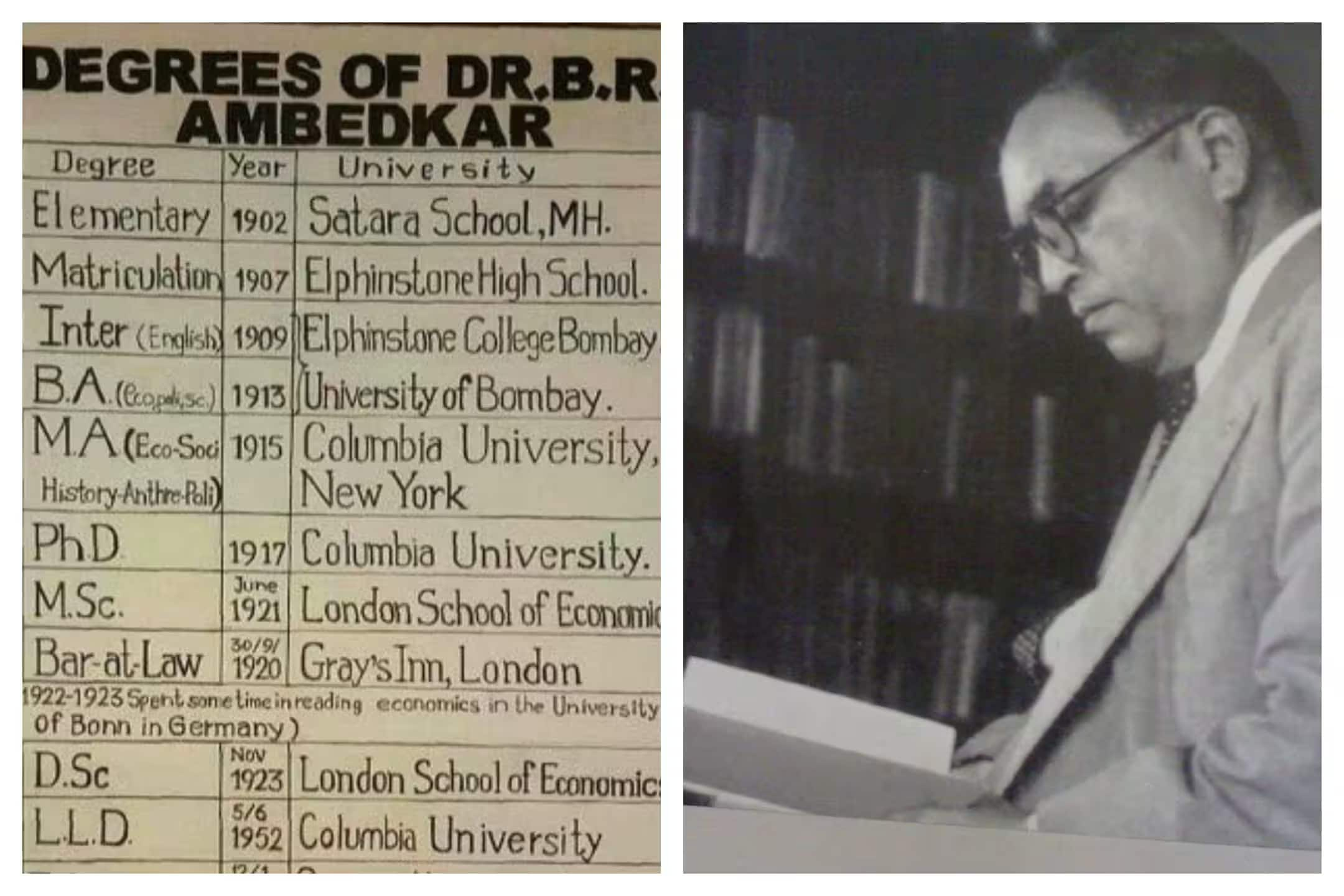
The father, a Christian, had gifted his new redeveloped flat to his two daughters and his wife, each with a 1/3rd share, by executing a registered gift deed in April 2022. The completion certificate was received in April 2018. The wife expired in June 2024 without a will.
Her share automatically went to all surviving persons, namely her father (her husband) and two daughters equally, i.e., 1/3rd each under the provisions of the Indian Succession Act 1925.

Immediately, in June/July 2024, he executed a registered release deed for his inherited 1/3rd share in favour of both daughters equally. The father expired in Aug 2024.Now, the daughters want to sell this property.
How the capital gains are to be calculated? For fair market value in April 2018, can we take a higher value than the stamp duty valuation? Answer: Since the property in question was acquired by both daughters in successive transactions, other than for a valuable consideration, their cost will be the cost to the previous owner who had paid for it. Since the father had paid for it, his cost would be theirs. Capital Gains Calculation for Daughters Selling Inherited Property This will apply for the 1/3 share originally acquired through a gift deed executed by their father as well as for the 1/3 share of the 1/3rd share inherited from their mother as well as 1⁄2 of the 1/3rd share received from their father through a release deed signed by him as for ascertaining for their cost as we ultimately will have to find out the cost of the person who had acquired it for consideration.
So, the cost to the father will be taken as the cost to the daughters. The father would have claimed exemption under Section 54 for the redevelopment of the building in terms of Section 45(5A), so for him, the cost was the fair market value of the flat he acquired in April 2018, the date on which the completion certificate for the new redeveloped flat was issued. So, you will have to find out the fair market value of the flat in April 2018.
The fair market value as of Apr 2018 will have to be determined based on that year's stamp duty ready reckoner. In my opinion, a higher fair market value than the stamp duty value on the date of completion can be taken as the restriction of fair market value not exceeding the stamp duty valuation applies while adopting the fair market value as of 1-4-2001 and does not apply under other circumstances provided a registered valuer’s certificate supports the higher fair market value. If the daughters want to pay tax, they have the option to either pay 20% on indexed long-term capital gains or 12.
50% on unindexed long-term capital gains. If they wish to avail of the exemption, they will have to invest the unindexed long-term capital gains in a residential house under Section 54 or capital gains bonds 54EC. Read all our personal finance stories here Balwant Jain is a tax and investment expert and can be reached at jainbalwant@gmail.
com and on @jainbalwant on social media platform X (formerly Twitter) Disclaimer: The views and recommendations made above are those of individual analysts, and not of Mint. We advise investors to check with certified experts before taking any investment decisions..










-ltd-logo-1200x675.png?v=20241211120412)




